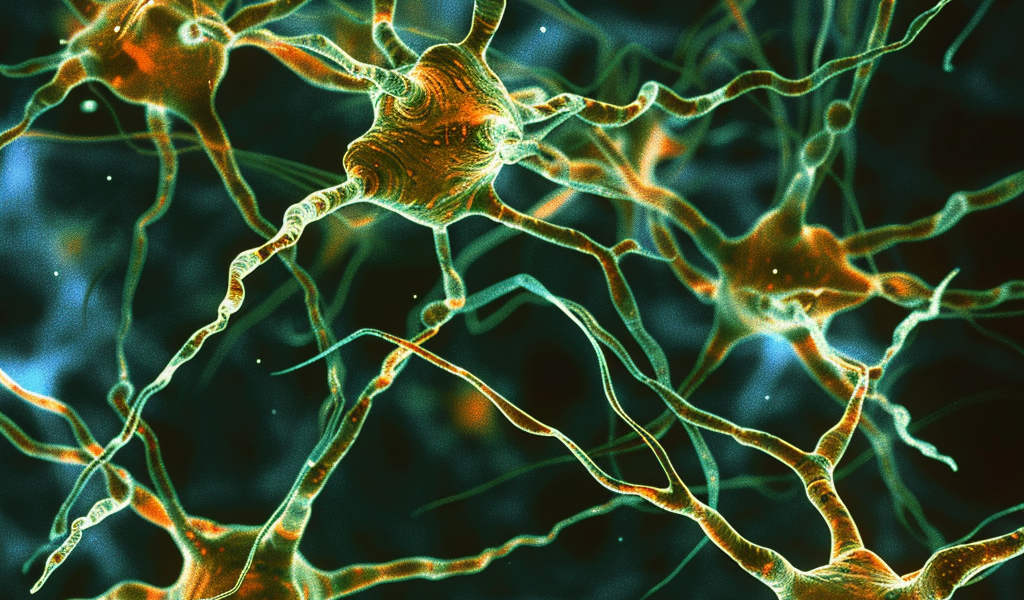Recent research from Japan has revealed a fascinating link between middle-age obesity and changes in the shape of brain neurons. The study, conducted by researchers from Nagoya University, Osaka University, and other institutions, focused on the impact of neuronal shape on obesity in rats, with potential implications for humans.
The study honed in on a protein called melanocortin-4 (MC4R), which acts as a chemical messenger in the brain to suppress food intake when the body detects excessive caloric input. The researchers discovered that MC4R accumulates in the primary cilia, antennae-like structures in certain groups of neurons in the hypothalamus region of the brain. These structures are activated by an overeating signal delivered by hormones known as melanocortins.
Comparing young and middle-aged rats, the researchers found that the MC4R cilia were significantly shorter in the middle-aged rodents, corresponding to a slower metabolism and reduced fat-burning ability. This led them to believe that a similar mechanism may exist in humans, offering potential insights for combating obesity.
To further investigate the link, the researchers conducted experiments with rats on different diets. Rats on a high-fat diet experienced faster shrinkage of MC4R cilia with age, while those on a restricted diet showed slower shrinkage. Additionally, genetically engineering shortened MC4R cilia in young rats resulted in increased food intake, reduced metabolism, and weight gain, reinforcing the connection between short MC4R cilia and obesity.
The study also explored the role of the hormone leptin, which is associated with regulating appetite. Sensitivity to leptin was examined in relation to obesity in the experimental rats, shedding light on potential avenues for addressing the condition.
Lead author Kazuhiro Nakamura of the Nagoya University Graduate School of Medicine expressed hope that the findings will pave the way for fundamental treatments for obesity. This groundbreaking research offers valuable insights into the intricate relationship between neuronal shape and obesity, potentially opening doors for innovative approaches to addressing weight management and metabolic health.





